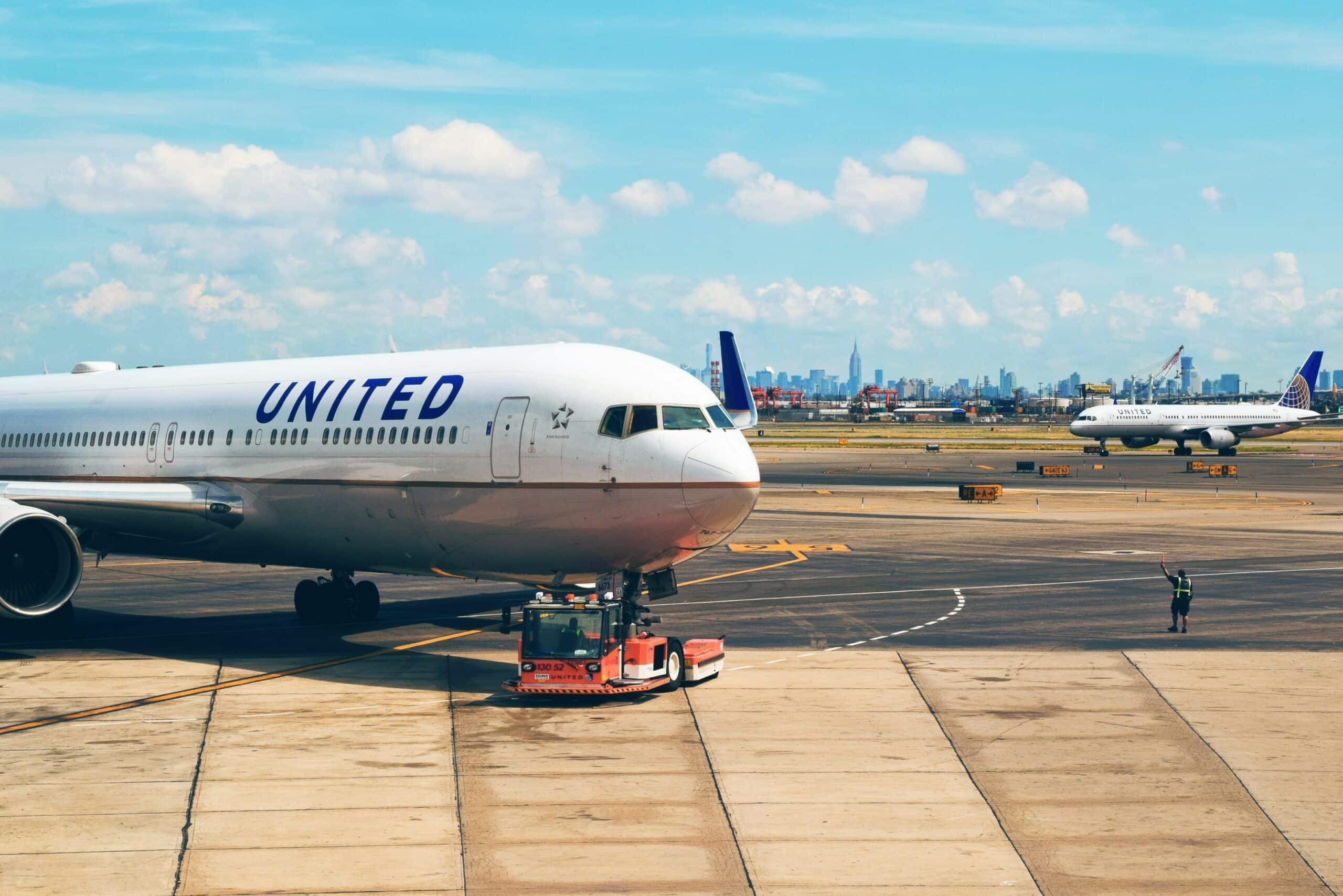Last month Alitalia announced a trial where all passengers on two daily Rome – Milan flights are being COVID-19 tested.
Now United is introducing a pilot programme where the Abbott ID NOW test will be introduced (for free) on select Newark – London Heathrow flights from November 16th until December 11th.
According to CNBC, the COVID-19 test programme will be operated on Mondays, Wednesdays and Fridays. Passengers who don’t want to be tested before departure will be moved to other flights.
Controversies around Abbott ID NOW
The Abbott ID NOW COVID-19 test is a kind of genetic (not antigen) test, but not RT-LAMP or RT-PCR.
It also uses Abbott’s proprietary point of care testing machines. As a result, airlines and airports have been receptive to the Abbott test because it does not involve a large lab infrastructure having to be created on-site.
The tests are relatively fast, with the results back in 15 minutes.
However, the COVID-19 test has been controversial. A New York Times piece on October 6th lists some of the issues around it, including questions about its effectiveness.
According to NPR, the Cleveland Clinic carried out its own study and found that it had a false negative rate of 15% (e.g. out of 100 people who have COVID it will miss 15).
In a media statement that the company released on October 7th (the day after the New York Times article came out), the company did claim 97% sensitivity, but among patients with high viral loads.
What’s however less clear is how well theCOVID-19 test performs on people with low-medium viral loads and asymptomatics – in an air travel environment it’s particularly important that we catch the latter, as if you show symptoms you are unlikely to travel in the first place.
It’s also noteworthy that the Abbott statement doesn’t claim that the ID NOW COVID-19 test can replace PCR testing.
Quoted in the media statement, Dr John Hackett, the company’s divisional vice president of Applied Research and Technology, says:
“While there’s no perfect test, to fight a pandemic, we need a combination of gold standard lab-based PCR and accurate, reliable rapid tests like ID NOW to help reduce risk in society and slow the spread of the virus.”
Our view: COVID-19 tests on departure are good but treat rapid tests with caution
The fact that a COVID-19 test is being offered on departure is very positive. It’s one of the central points of the Testing+ blueprint that we released at the end of last week.
Nevertheless, when it comes to a trade-off between speed, accuracy and cost, accuracy always has to come first.
This is especially so in aviation, where air travel is perceived as a spreader of the virus. Even a few cases traced back to flights will undermine confidence and lead to the reintroduction of quarantines and travel bans.
Case in point, news emerged today that Air India has been banned from Hong Kong for the fourth time, after passengers tested positive on arrival.
It’s also the case up to now that most Governments only accept RT-PCR tests. RT-LAMP tests, which show a lot of promise and have similar accuracy levels as RT-PCR, are not yet widely accepted by authorities.
Testing should certainly be made more affordable, faster and more traveller friendly (e.g. by substituting deep nose swabs with saliva tests).
But we would recommend that any COVID-19 test that claims to be super quick and super cheap needs to be evaluated extensively before being introduced.
